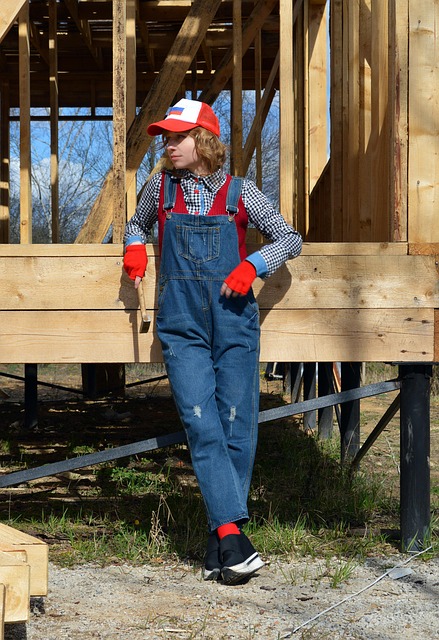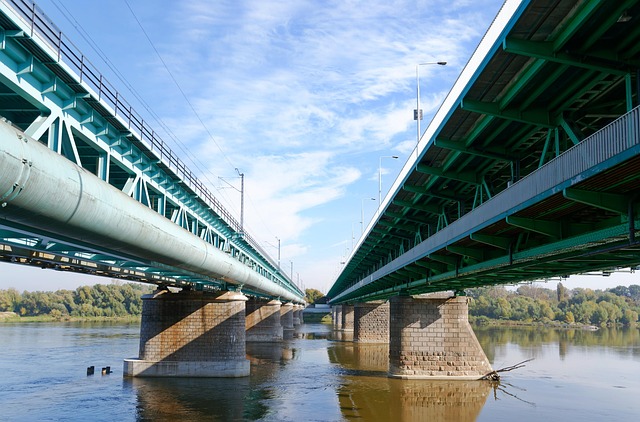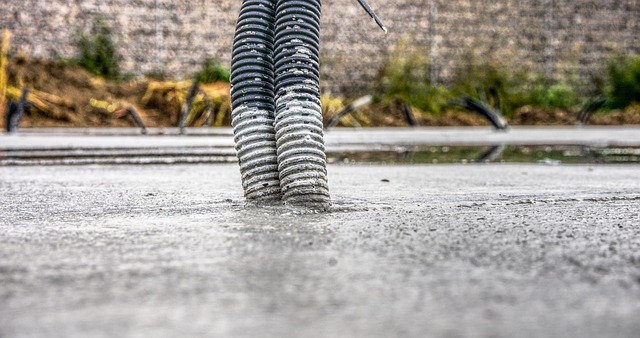Foundation Repair Specialists are experts in addressing complex soil stabilization issues, preventing structural damage caused by unstable soils. They utilize advanced technologies like micropile technology and mechanical ground stabilization to secure buildings, even in challenging conditions such as poor soil quality and high water tables. By employing tailored solutions, these specialists ensure long-term foundation integrity, protect property values, and minimize future repairs, making their services a strategic investment for homeowners. Successful case studies demonstrate the transformative impact of effective soil stabilization on both historic buildings and residential areas prone to settlement issues.
Foundation soil stabilization is a critical process ensuring structural integrity and longevity of buildings. This comprehensive guide explores the intricate world of stabilizing foundation soils, highlighting the expertise of Foundation Repair Specialists. We delve into common causes of instability, advanced stabilization techniques, and benefits of professional intervention. Through real-world case studies, we demonstrate successful projects, emphasizing long-term solutions for maintaining stable foundations. Trusting Foundation Repair Specialists is key to safeguarding your investment.
Understanding Foundation Soil Stabilization: The Role of Experts

Understanding Foundation Soil Stabilization is a complex task that often requires the expertise of foundation repair specialists. These professionals are trained to assess and interpret soil conditions, which play a pivotal role in determining the stability and longevity of any structure’s foundation. By studying the unique characteristics of the soil, experts can identify potential issues and implement effective stabilization techniques.
Foundation Repair Specialists employ various methods to enhance soil stability, such as deep foundation stabilization, soil reinforcement, or even chemical treatment. They work with advanced technologies and strategies to ensure that the soil beneath a building is robust enough to support its weight over time. This specialized knowledge is crucial for preventing issues like settlement, heave, or differential movement, which can lead to costly structural damage.
Common Causes of Soil Instability and Their Impact on Foundations

Soil instability is a prevalent issue that can pose significant challenges for foundation repair specialists. Common causes include improper soil drainage, excessive moisture content, and weak or unstable soil types. When left unaddressed, these factors can lead to severe consequences for building foundations. For instance, water-saturated soils can lose their strength, causing settling and cracking of the foundation. Similarly, poorly drained lands are susceptible to expansive clays, which can swell and contract with changing moisture levels, exerting pressure on the foundation structure.
These unstable soil conditions not only weaken the foundation but also accelerate structural damage over time. Foundation repair specialists often encounter issues like uneven floor levels, cracks in walls and ceilings, and doors or windows that stick or don’t close properly. Timely identification and appropriate remediation techniques, such as soil stabilization methods, are crucial to prevent further deterioration and ensure the longevity of buildings.
Advanced Techniques for Soil Stabilization: What Specialists Use

Advanced soil stabilization techniques are a specialty for foundation repair experts, who employ cutting-edge methods to ensure structural integrity and longevity. Beyond traditional methods like soil reinforcement and chemical stabilizers, specialists now leverage innovative tools such as micropile technology and mechanical ground stabilization. Micropiles—small diameter piles driven deep into the earth—act as anchors, distributing load and preventing settlement. Mechanical stabilization involves using specialized machinery to compact or stabilize loose soils, enhancing the overall stability of the foundation.
These advanced techniques cater to complex soil conditions, offering tailored solutions for areas with poor soil quality, high water tables, or unstable geological formations. By employing such innovations, Foundation Repair Specialists can mitigate risks associated with soil movement, ensuring homes and structures remain secure and sound over time.
Benefits of Professional Foundation Repair: Why Hire Specialists

When it comes to foundation stabilization, hiring professional foundation repair specialists is an investment that offers numerous advantages. These experts possess the specialized knowledge and cutting-edge technology required to address complex soil issues effectively. By employing their services, homeowners can mitigate potential structural damage caused by unstable soils, ensuring the long-term integrity of their properties.
The benefits extend beyond structural preservation. Foundation repair specialists often provide solutions tailored to specific soil types, offering advanced stabilization techniques that enhance the overall stability and resilience of the foundation. This is particularly crucial in regions prone to shifting earth or variable weather conditions, where professional intervention can mean the difference between a minor adjustment and a major repair.
Case Studies: Successful Soil Stabilization Projects

Successful soil stabilization projects often serve as shining examples for foundation repair specialists and industry professionals alike. These case studies demonstrate innovative solutions and best practices that have led to remarkable outcomes, enhancing structural integrity and ensuring long-term stability for various structures. For instance, consider a project involving an old, historic building in a volatile geological zone. Through meticulous analysis, experts identified the primary causes of soil erosion and implemented targeted interventions using advanced stabilization techniques. The result? The building was successfully preserved, its foundation strengthened, and future damage prevented.
Another notable example involves a residential area facing widespread settlement issues due to unstable soil conditions. Foundation repair specialists collaborated with geotechnical engineers to design and execute a comprehensive stabilization plan. This involved deep piling, the installation of reinforcement mesh, and the injection of specialized polymeric additives into the soil. The project not only stabilized the homes but also elevated property values in the neighborhood, showcasing the transformative power of effective soil stabilization.
Maintenance and Prevention: Long-term Solutions for Stable Foundations

Maintaining and preventing foundation issues is key to ensuring a stable and durable structure over time. Unlike temporary fixes, long-term solutions for foundation stabilization offer a more robust approach. Foundation repair specialists employ various techniques such as deep foundations, piering, or mudjacking to reinforce existing structures. These methods address the root causes of instability, preventing further damage and costly repairs in the future.
Regular inspection is an integral part of this process. By identifying potential problems early on, homeowners can avoid extensive foundation repair work. Foundation repair specialists recommend periodic assessments to ensure any issues are addressed promptly. This proactive approach not only saves money but also safeguards the structural integrity of the building for years to come.
